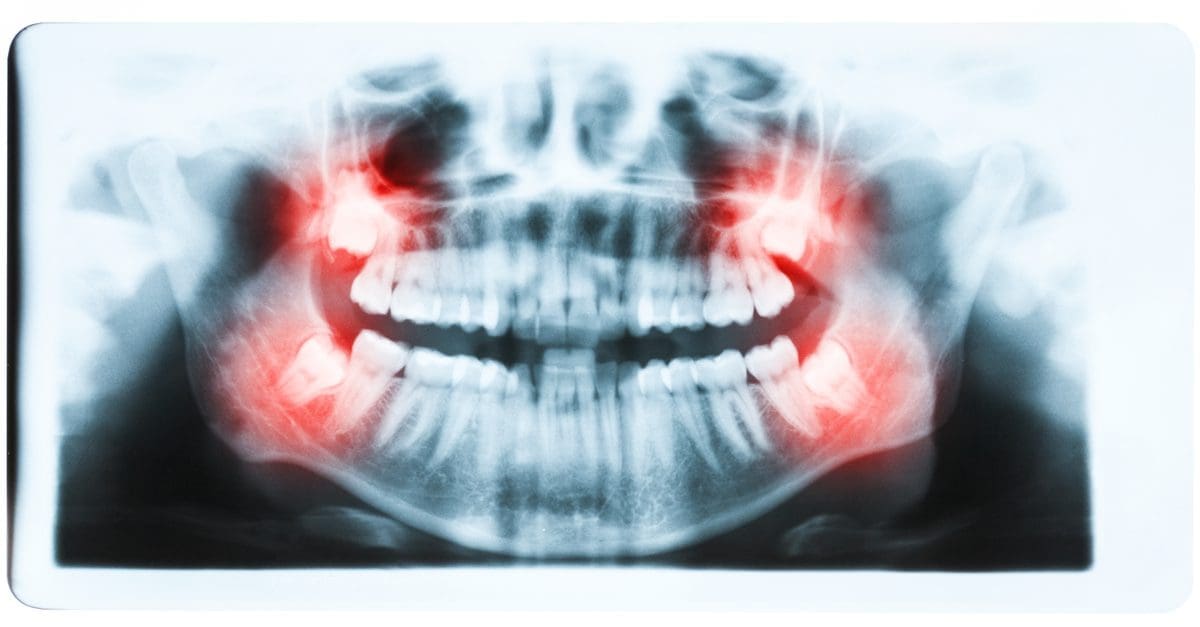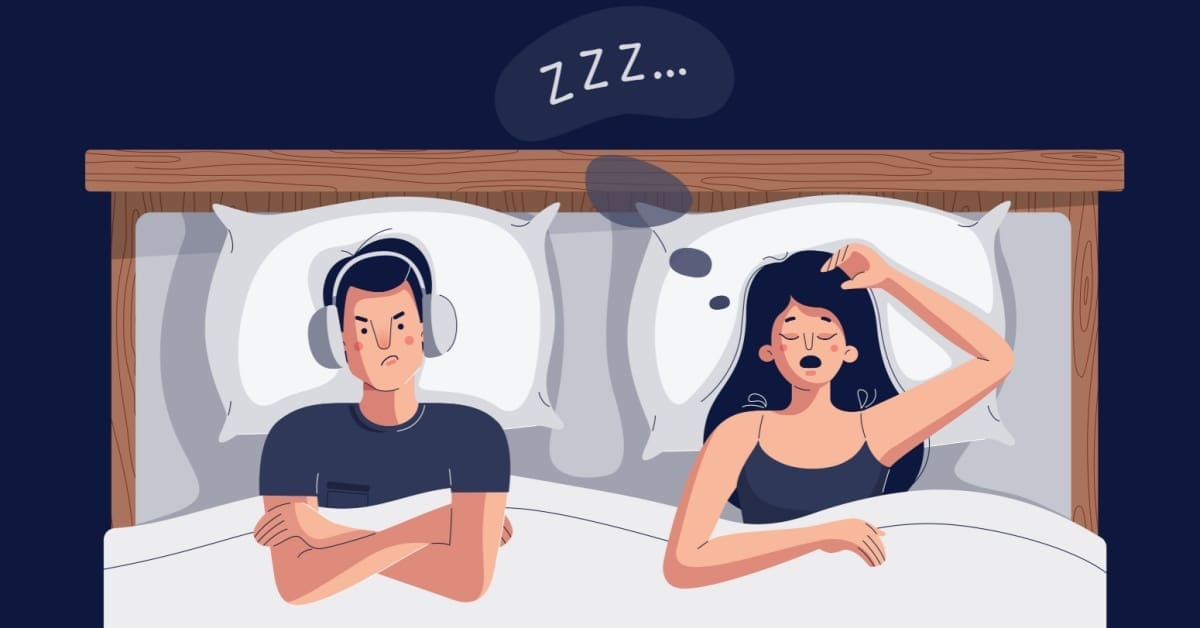Do you think you have an impacted tooth?
Wisdom teeth sound like something that we made up. But there are teeth in our mouth with that moniker. We call them “wisdom teeth” because they mark the transition between childhood and adulthood. You are supposed to gain wisdom as you mature. However, wisdom teeth can cause adult-sized problems. They can cause pain and infections, and this can affect the rest of your teeth.
When wisdom teeth can’t erupt naturally, they become impacted. What is an impacted wisdom tooth? What are some treatments for impacted teeth? Here is some information for you.
Impacted Wisdom Tooth
Wisdom teeth are the third set of teeth. The human mouth has four sets. Your wisdom teeth are always the last teeth to show up. Wisdom teeth sit at the back of your mouth in your upper and lower jaws. Most people get wisdom teeth when they are between 17 and 25 years old. People usually get four wisdom teeth in all—two on the top and two on the bottom. Like most adult teeth, you can have more or less wisdom teeth. Some people get no wisdom teeth at all.
One reason wisdom teeth can create such a problem is that they come in late. Wisdom teeth can erupt — or come in — crooked. They may also only come in partially. Wisdom teeth are notorious for erupting only halfway. They erupt either right at the gum line or halfway above the gumline. When this happens, the tooth becomes impacted.
Impacted Wisdom Teeth Symptoms
Impacted wisdom teeth symptoms include headaches, toothaches, jaw pain, and facial pain. Headaches are the most frequently reported symptom. If you’re not prone to having chronic headaches but are having them now, you may need to see your dentist.
Wisdom teeth can erupt partially out of your gumline. A partially impacted tooth means you are at risk for infection and tooth decay. When a tooth only partially erupts, it’s difficult to clean. Because bacteria are always present in your mouth, impacted teeth are more susceptible to infection. Both tooth decay and gum infections are hazardous to your dental health.
Impacted Tooth Removal
Researchers estimate that as many as 85 percent of adults have to have at least one wisdom tooth removed. While the idea of wisdom tooth removal sounds scary, the actual removal is not difficult.
Before we remove a patient’s wisdom teeth, we have him or her come in for a consultation. That way, we will have everything prepared before we begin the surgery.
Usually, we begin the process by numbing the mouth around the impacted tooth. We do this for your safety and comfort. Once your mouth is numb, we will, then, make an incision and remove your tooth. Once the tooth is out, we will clean the area. If you have an infection, we will make sure to take care of that as well. We, then, close the incision with stitches so that you can heal.
After we remove your wisdom tooth, you’ll need to take care of your mouth. On the day of the surgery, you need to take it easy. You’ll want to keep ice on the area to reduce swelling. Apply the ice to the side of your face where the tooth was. If you have pain medication, make sure to take it. Your dentist may also give you an antibiotic for an infection, so you need to take that as well. You must remember to come back and let us check the incision site to make sure everything is fine.
If you’re having tooth pain, and you’re worried that you may have an infected wisdom tooth, give us a call. Contact Dr. Paul Feldman, Suburban Essex Dental. We are in West Orange, N.J., in Essex County.







